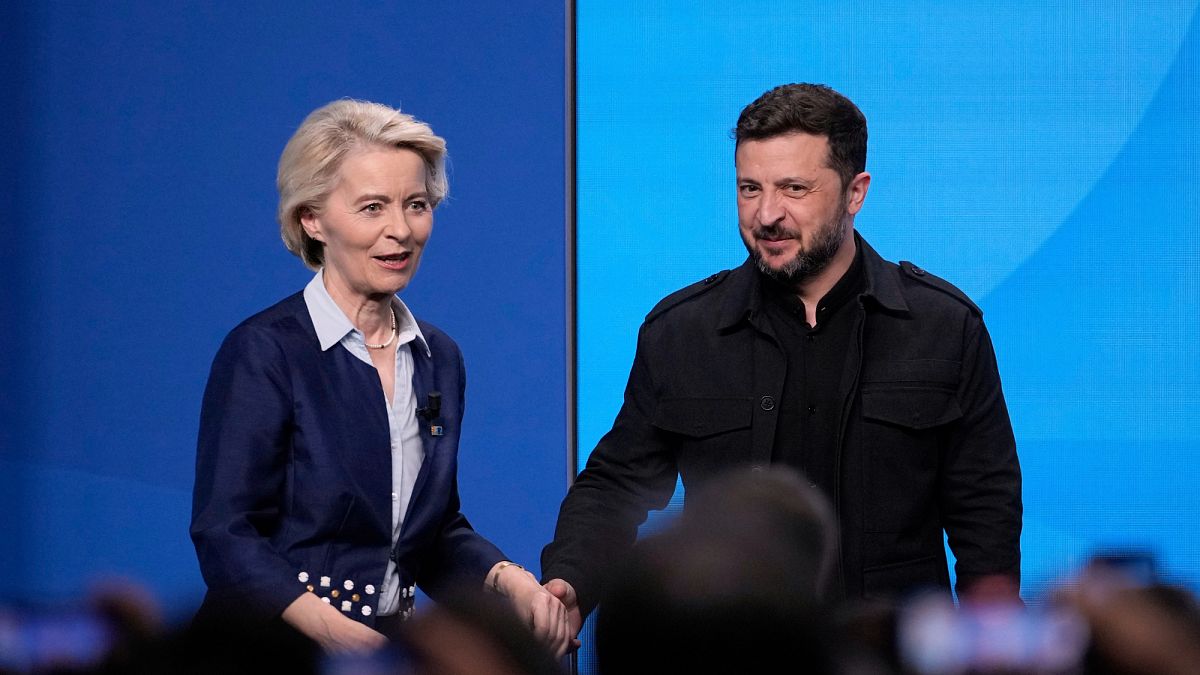

In recent days, Europe has witnessed both hopeful and challenging developments with a tangible impact on international relations and environmental stability. A series of distinct yet interconnected events highlight the spirit of collaboration, resilience, and global accountability that underpins the region’s approach in matters of trade, foreign policy, and environmental crises.
The European Union and Ukraine have reached an important milestone with the announcement of a new trade deal. This agreement marks a transition from the temporary post-war framework to a more enduring arrangement that balances ambition with realism. The European Commission has expressed satisfaction with this development, emphasizing that the deal, although more modest than earlier frameworks, provides a sustainable pathway for long-term economic collaboration between the EU and Ukraine. This demonstrates a commitment to nurturing economic stability and growth while respecting the current geopolitical climate. The agreement highlights how mutual interest can guide international negotiations towards meaningful and sustained partnerships.
Amidst these diplomatic advancements, Europe faces significant environmental challenges as a severe heatwave continues to grip the continent. Turkey, one of the nations most severely affected, is battling wildfires that have forced over 50,000 residents to evacuate from 41 different locations. More than 200 homes have been damaged, along with several businesses, underscoring the devastating impact of these fires. Turkish authorities, supported by firefighters and volunteers, work tirelessly to contain the blazes. The courage and unity displayed by the people of Turkey in response to this emergency reflect an inspiring testament to community resilience in the face of adversity.
Meanwhile, in the realm of foreign policy, Germany’s commitment to supporting Ukraine remains steadfast. Jens Wadephul, the German Foreign Minister, reaffirmed Ukraine’s freedom as a critical priority for Germany’s foreign policy. As Ukraine’s second-largest military ally, after the United States, Germany plays a pivotal role in Ukraine’s quest for stability and autonomy. Despite uncertainties regarding the continuity of support from the United States under President Donald Trump, Germany’s dedication highlights the enduring partnerships that solidify European unity and collective resolve.
These developments underscore a broader narrative of adaptability and perseverance. The EU-Ukraine trade agreement exemplifies strategic foresight, ensuring economic collaboration remains robust despite shifting circumstances. Simultaneously, the response to Turkey’s environmental emergency demonstrates the power of collective action and resilience. In essence, these stories converge to depict a Europe navigating challenges with equilibrium and wisdom, driven by shared goals and values.
As the continent moves forward, the interplay between diplomatic agreements, environmental stewardship, and international alliances paints a picture of a region committed to fostering stability, collaboration, and hope for a brighter future. The confluence of these events serves as a reminder of the interconnectivity of our global landscape, urging nations to act with care and compassion, finding strength in unity as they address both the difficulties and opportunities that lie ahead.
Source: {link}
